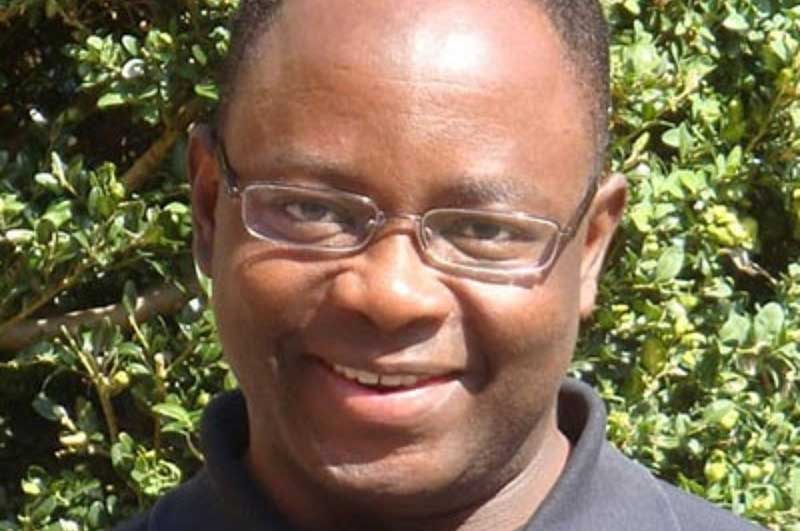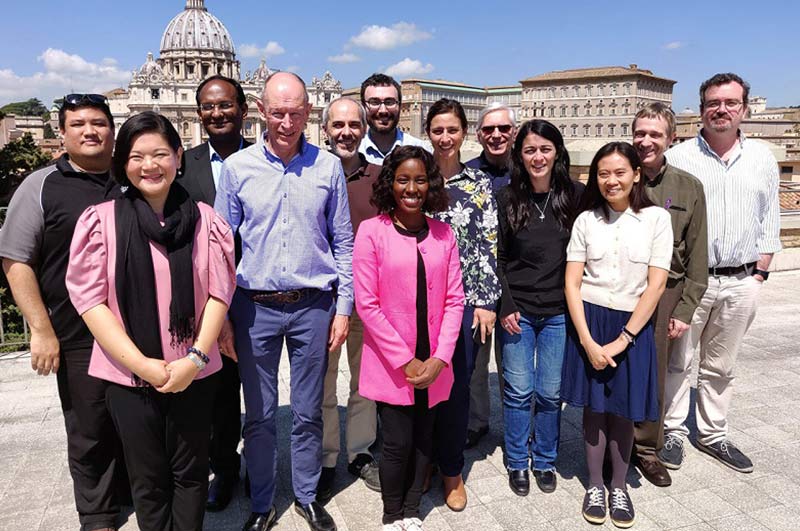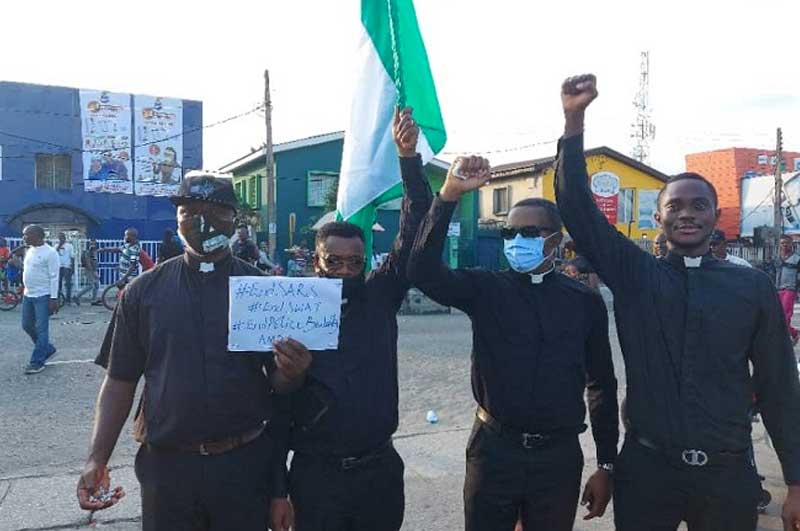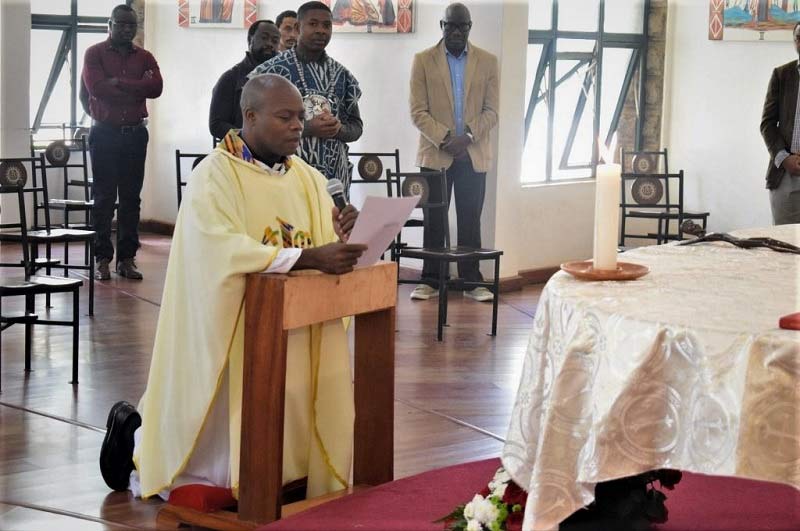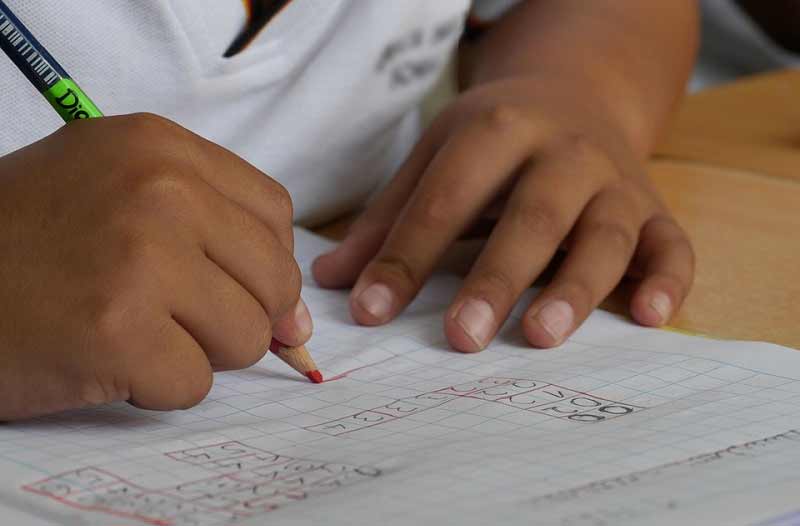


Children the world over face numerous risks and subsequently abuses that are preventable if adequate attention is paid to the risks. Ideally, the home should provide children physical safety as well as resilience, self-confidence and social-emotional skills that would enable them to navigate the dangerous environments beyond the home. Unfortunately, this is not always the case as violence, substance abuse, and mental health problems are common risks at the family level that erode the family’s ability to nurture their children and predispose them to abuses both outside and outside of the home.
Research has revealed the damaging effects of severe child abuse especially on the developing brain of children of tender years hence the need for prevention and halting of further abuse. It is also worth noting that child abuse pervades all levels of society and no particular social class is immune from this problem. The situation is worse for children without adult care such as those living in the streets and orphans.
Indeed, in contexts where the problem of child abuse may dim in contrast to other concerns like grand corruption or poverty, this is where urgent action is required. Child abuse escalates when the society is facing serious economic hardships and where there is lawlessness hence the need to support families and institutions to provide a conducive childhood for the young members of the society.
Therefore, child abuse should be regarded as a social justice matter that requires the efforts of not only governments but also other actors in society. Social justice ought to promote equality, non-discrimination, and respect for human dignity for all including children.
This is the approach that JCAM’s Safeguarding Children and Vulnerable Adults Programme has adopted, spearheading efforts to create a culture of safety for children and vulnerable adults within the Jesuit Conference of Africa and Madagascar. Using a multi-dimensional approach, the Programme has invested in training and awareness for all Jesuit Provinces and institutions and collaborators.
This is a recognition of the important role the church has in the promotion of child protection both within its activities and in the larger society. Therefore, besides upholding the highest levels of care for children and vulnerable adults, the church has a larger role of advocating for the welfare and protection of children. As a voice for the voiceless, the church has demanded action on issues of poverty, war, corruption and even on climate change. In addition, the church can and should engage its membership in the noble task of creating a safe environment for children and young people right from the family to the society by establishing programmes that strengthen families’ ability to nurture their children, reduce destitution, and promote positive human values. In fact, the church through its different structures has a long history providing social welfare services to the needy all over the world. Through these services, there is an opportunity to spread child protection efforts throughout society.
Related Articles

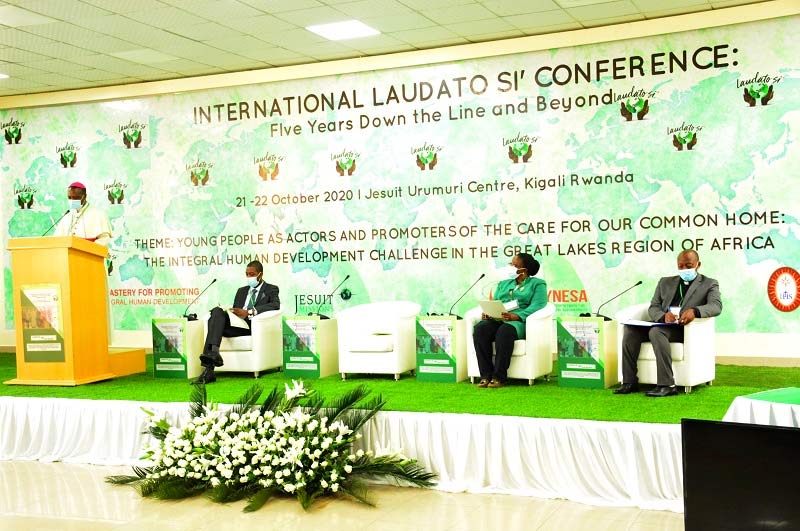
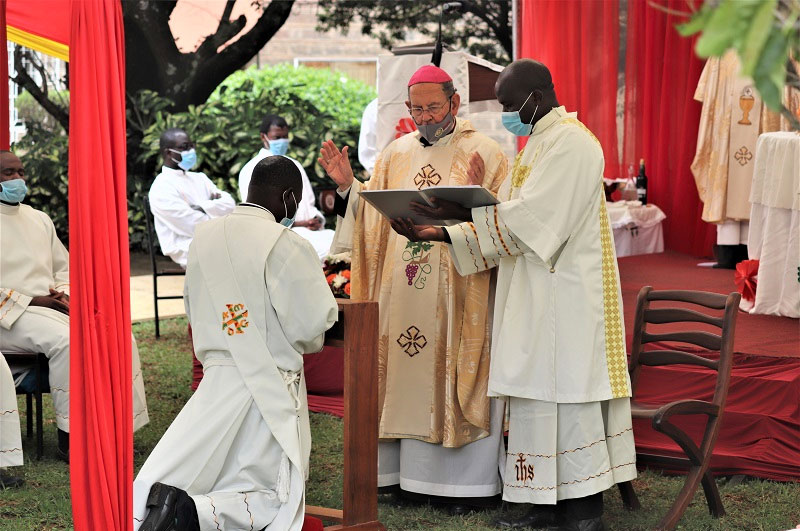
Select Payment Method
Pay by bank transfer
If you wish to make a donation by direct bank transfer please contact Fr Paul Hamill SJ treasurer@jesuits.africa. Fr Paul will get in touch with you about the best method of transfer for you and share account details with you. Donations can be one-off gifts or of any frequency; for example, you might wish to become a regular monthly donor of small amounts; that sort of reliable income can allow for very welcome forward planning in the development of the Society’s works in Africa and Madagascar.
Often it is easier to send a donation to an office within your own country and Fr Paul can advise on how that might be done. In some countries this kind of giving can also be recognised for tax relief and the necessary receipts will be issued.



